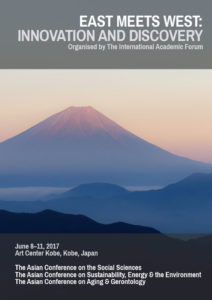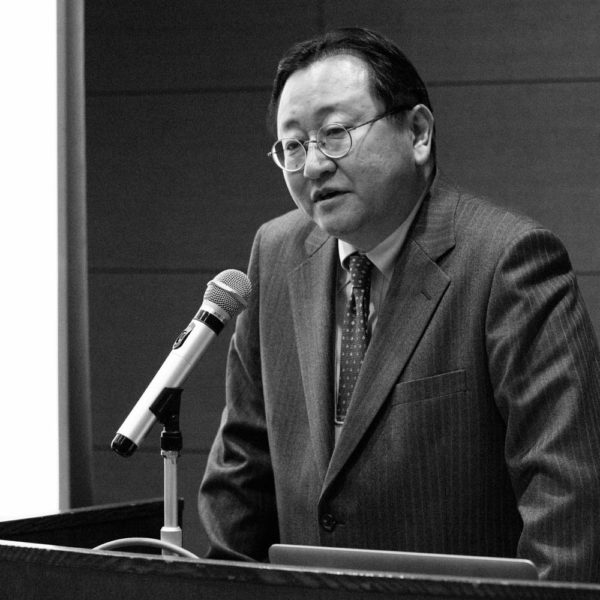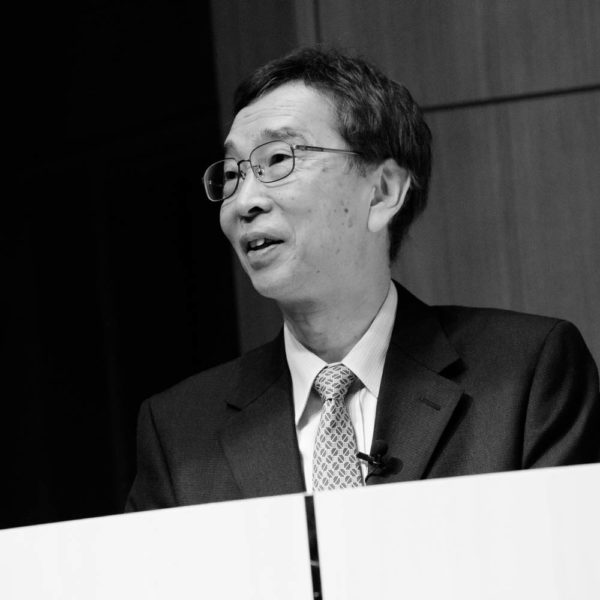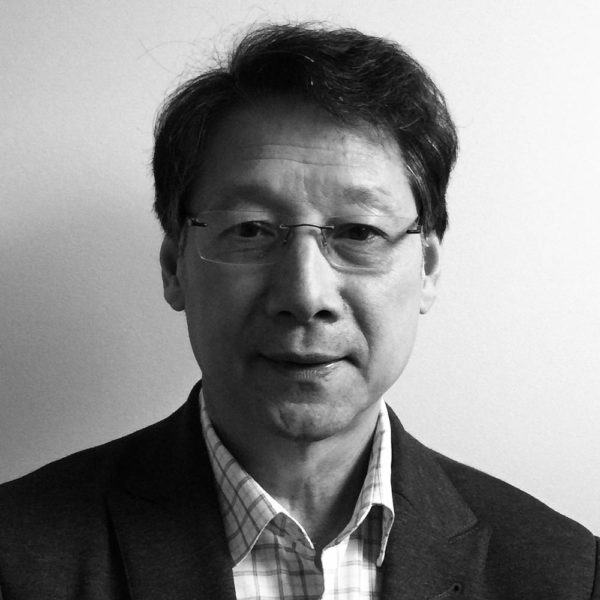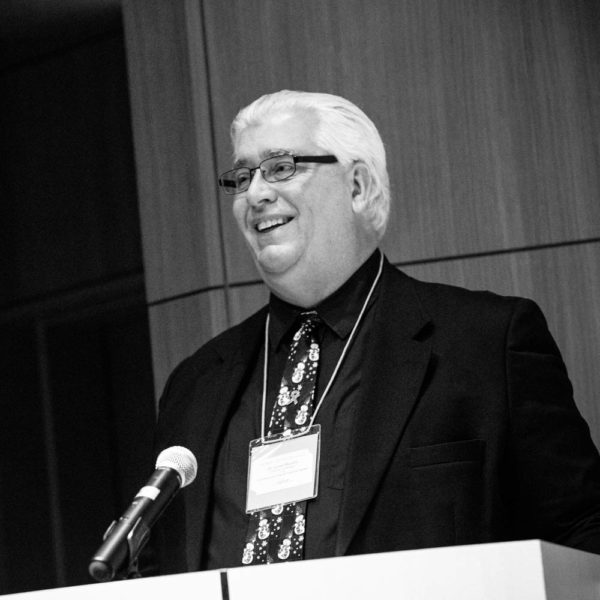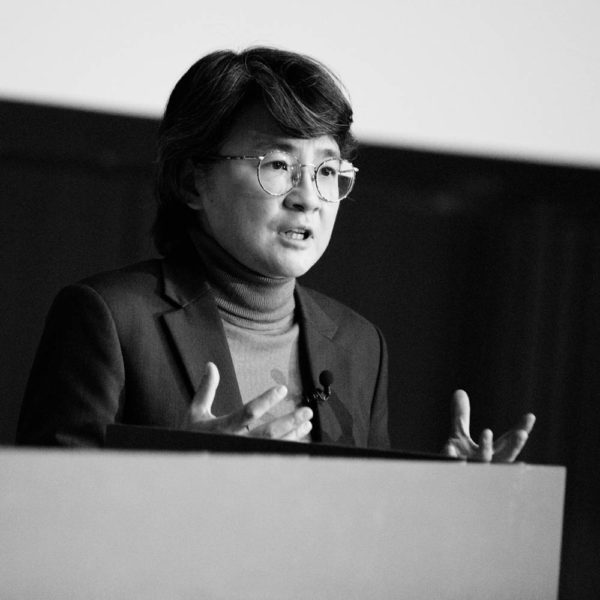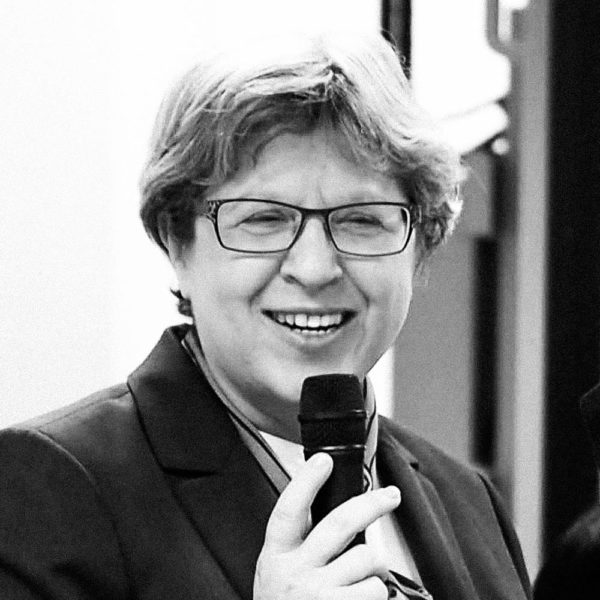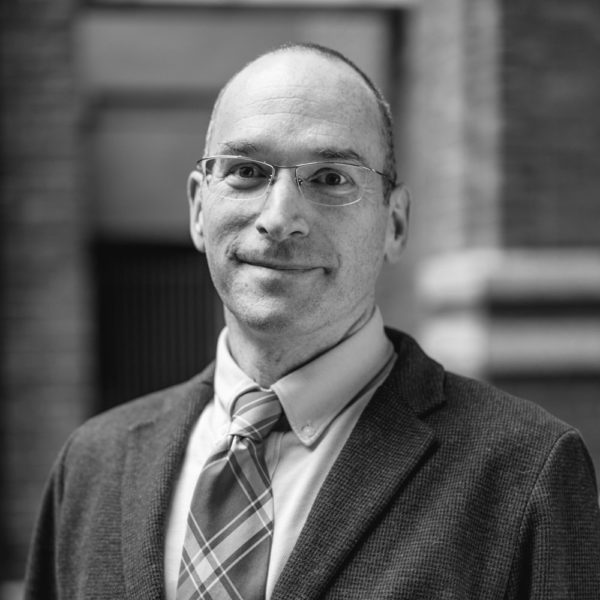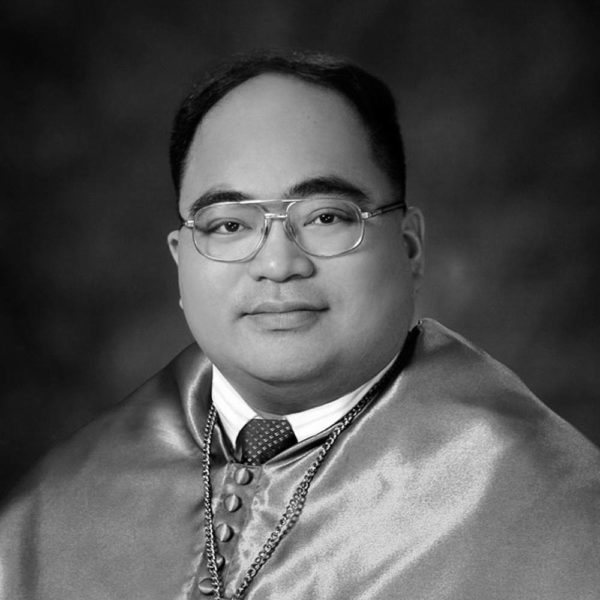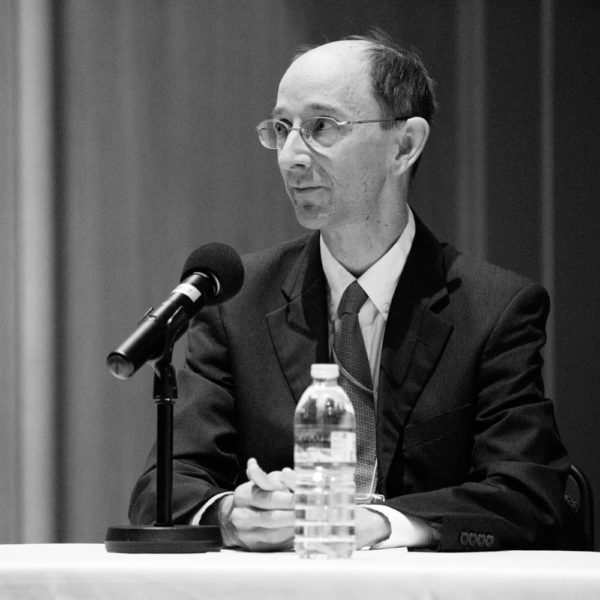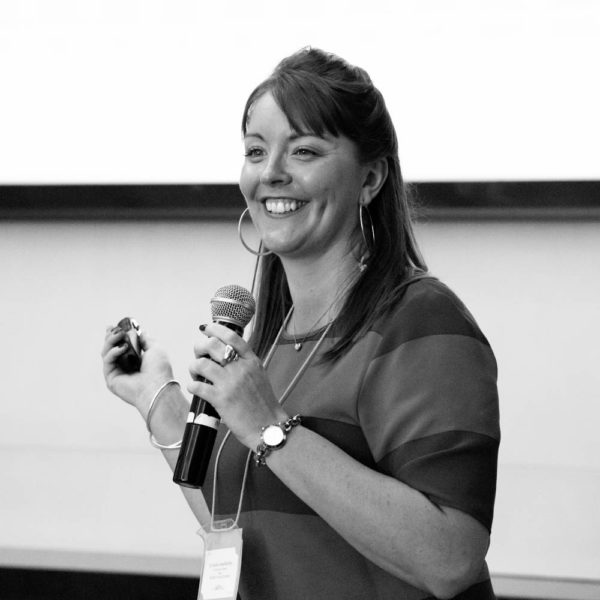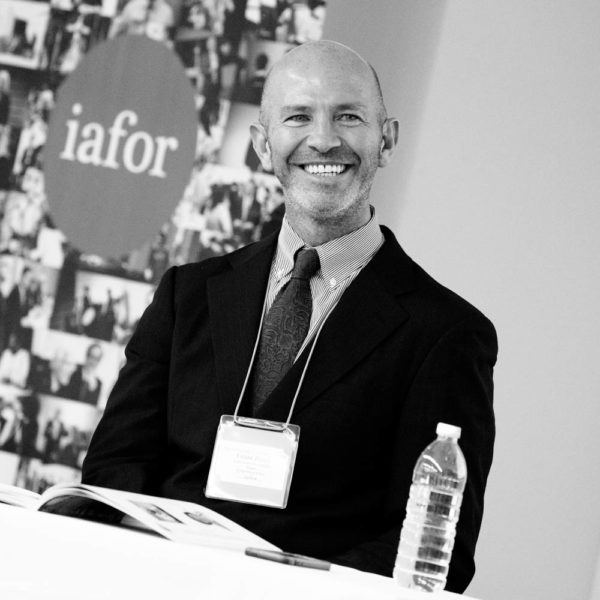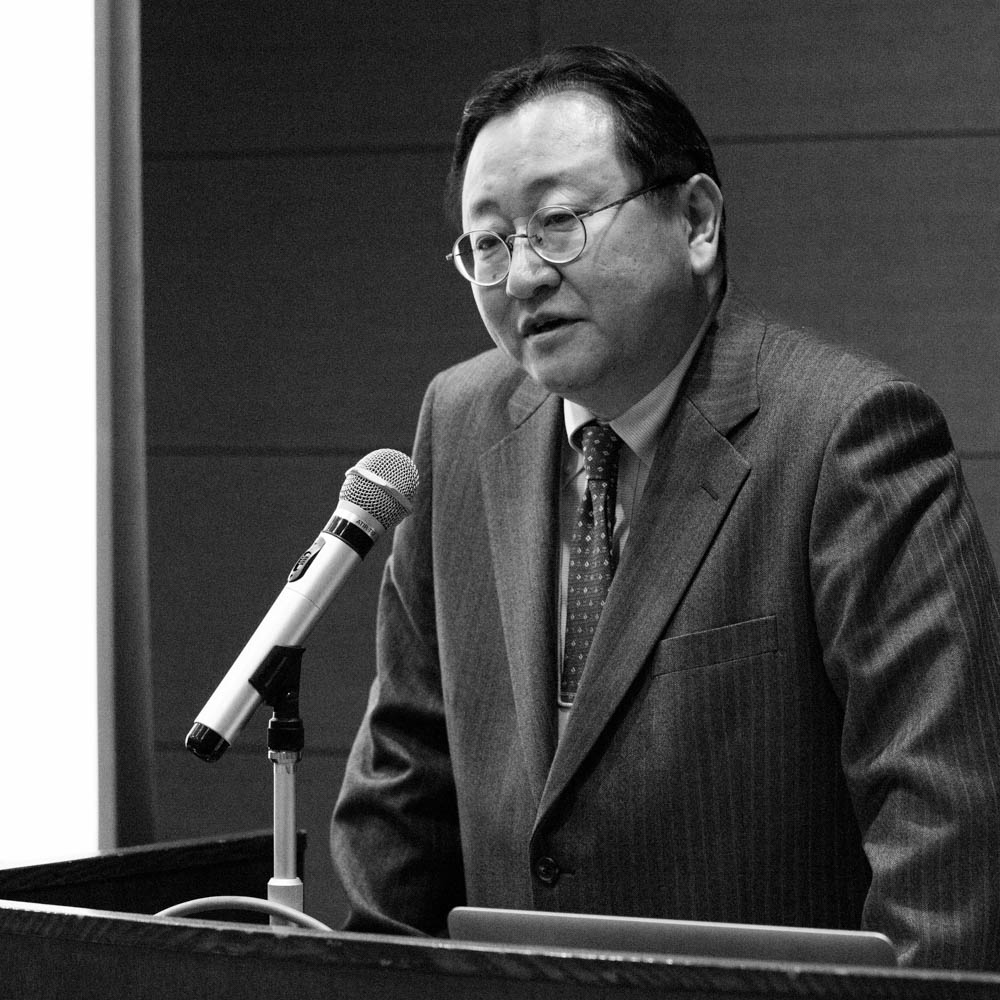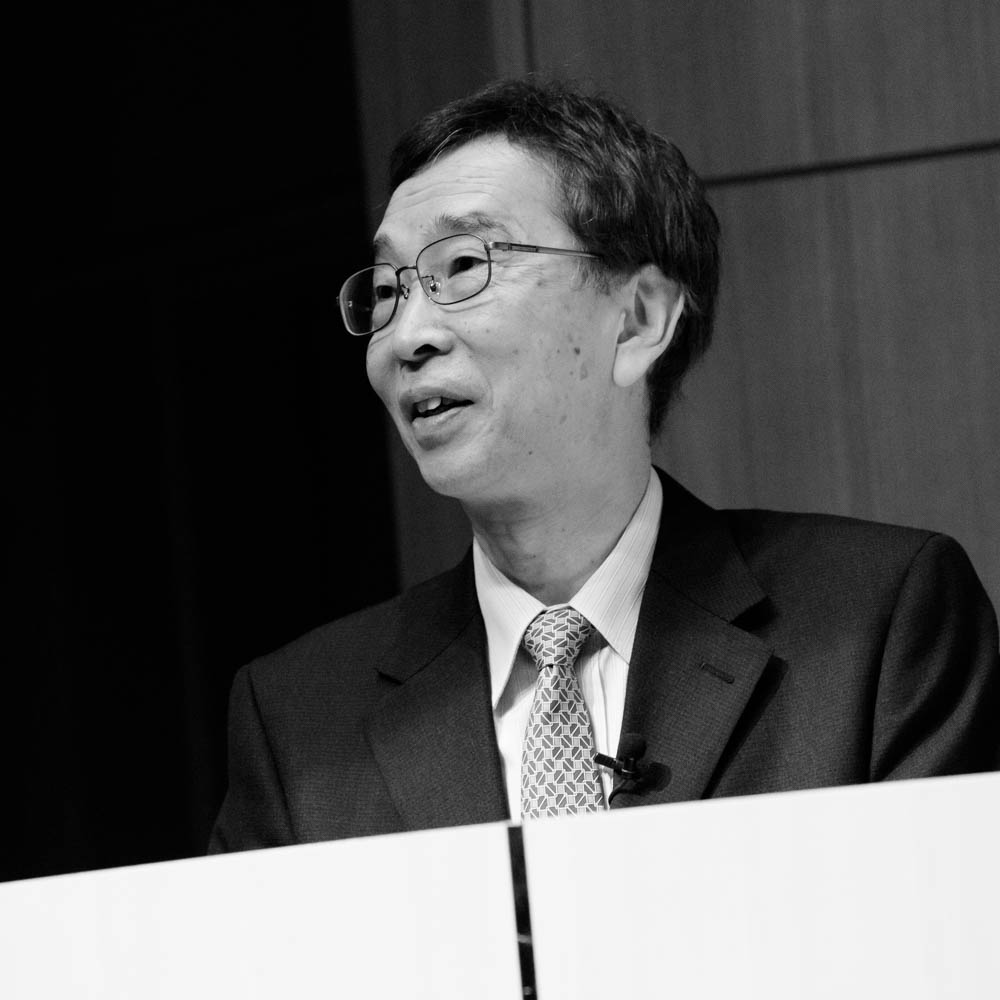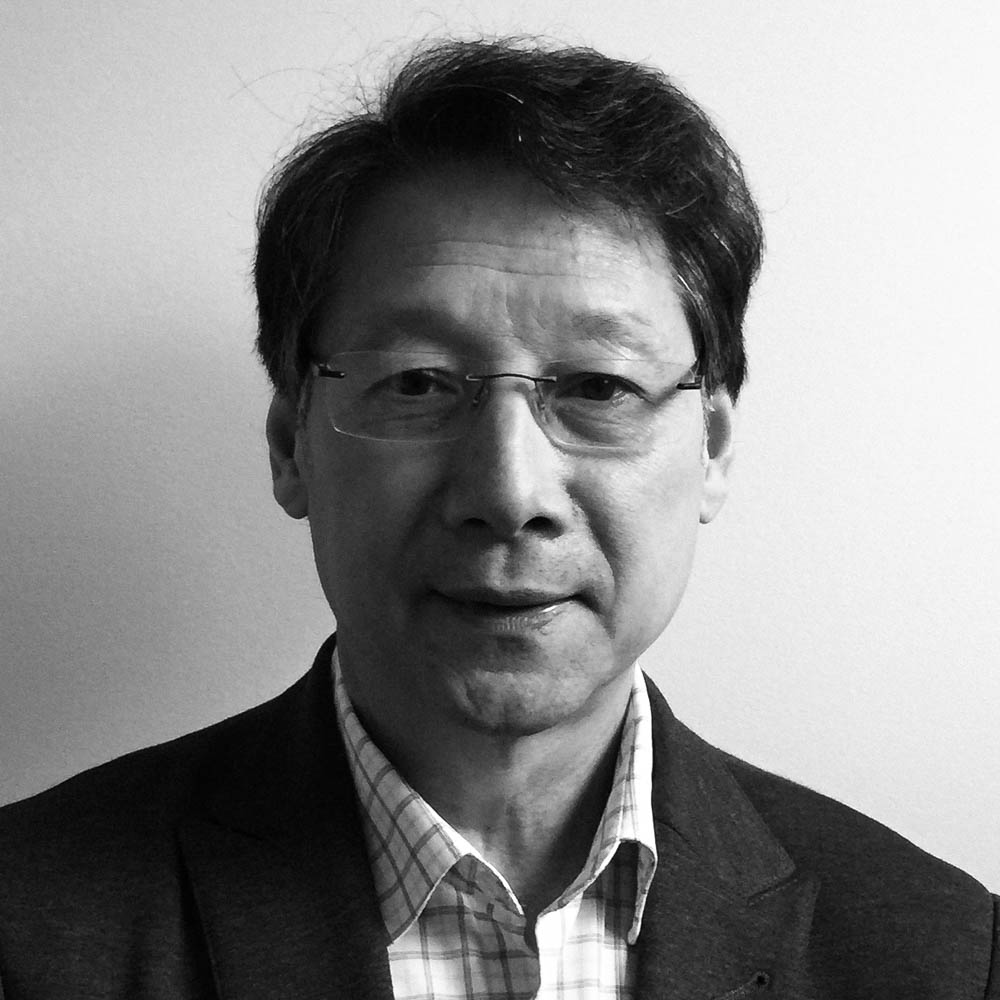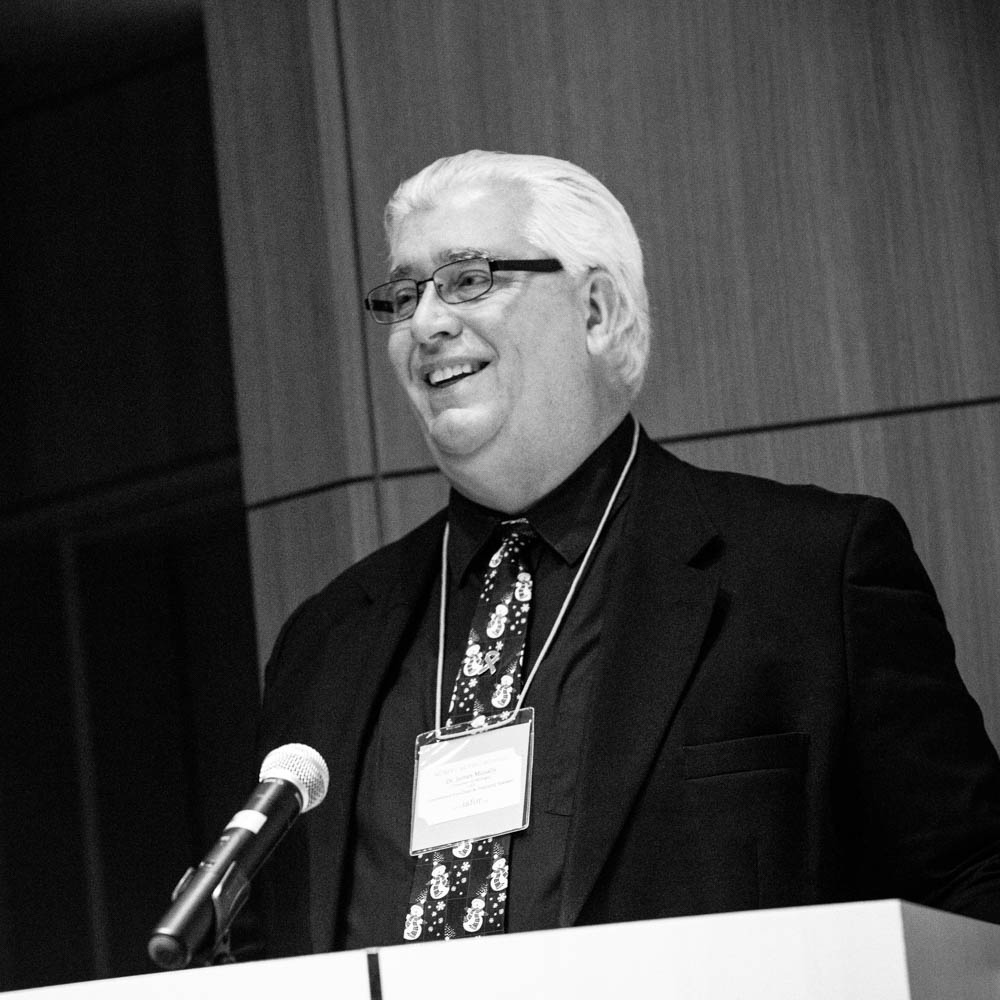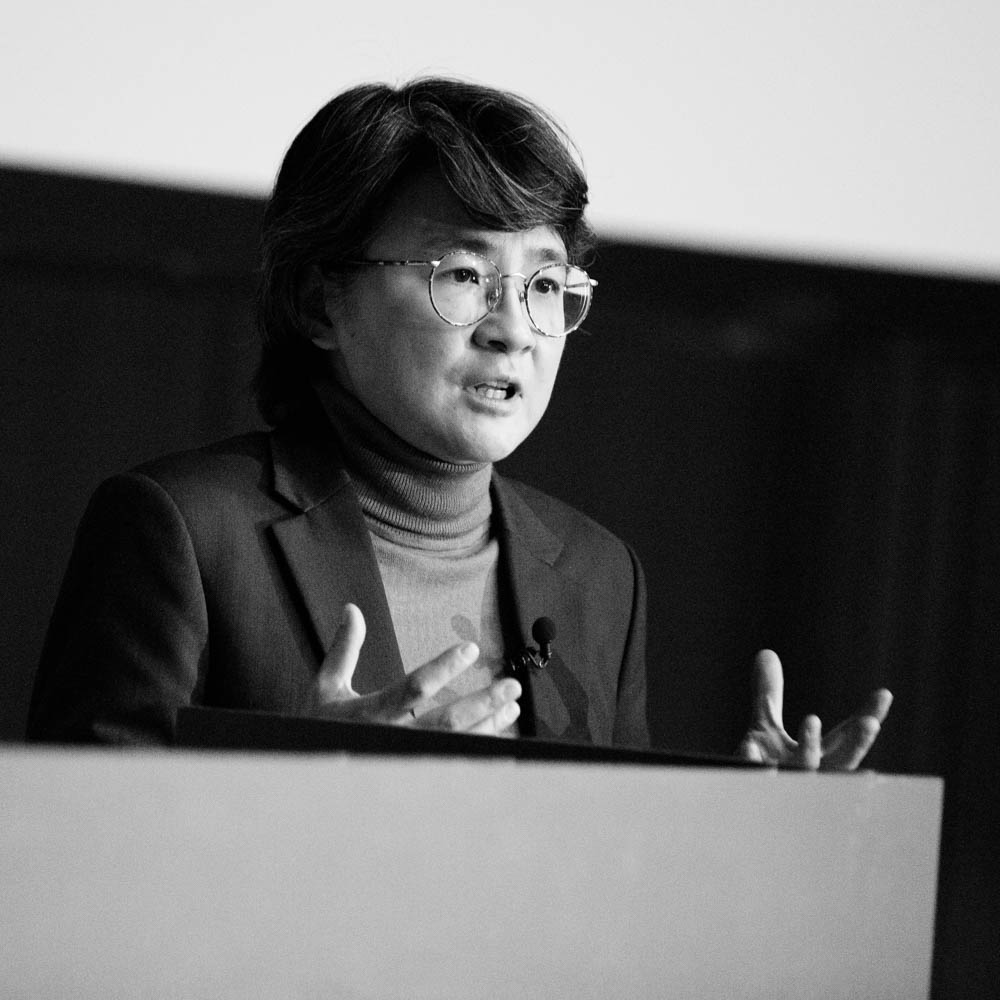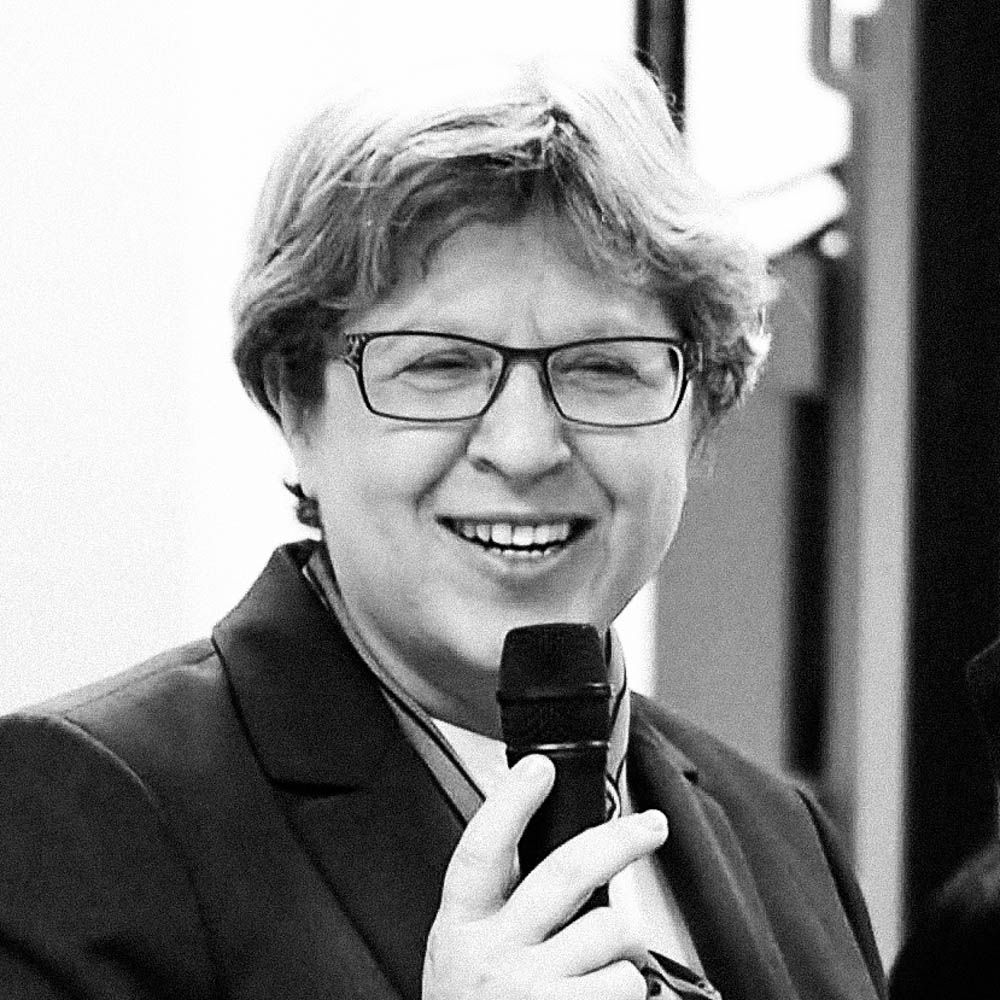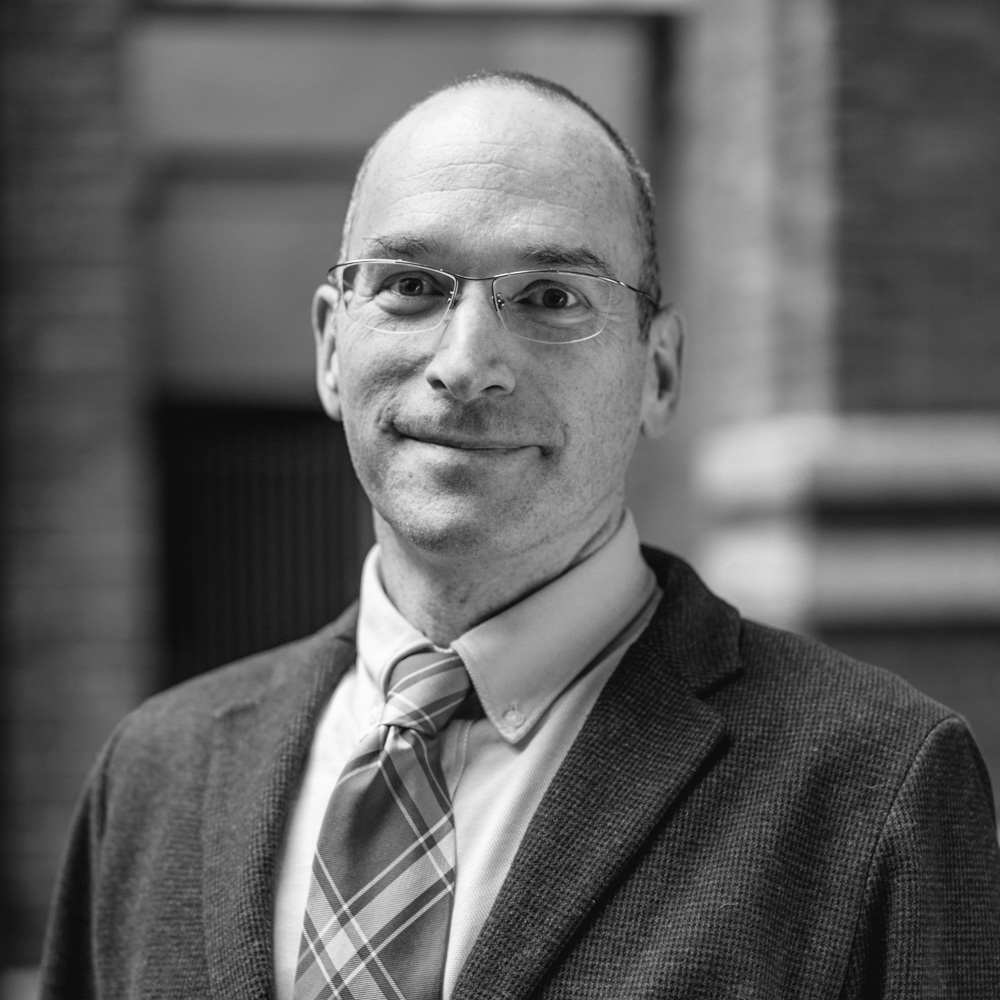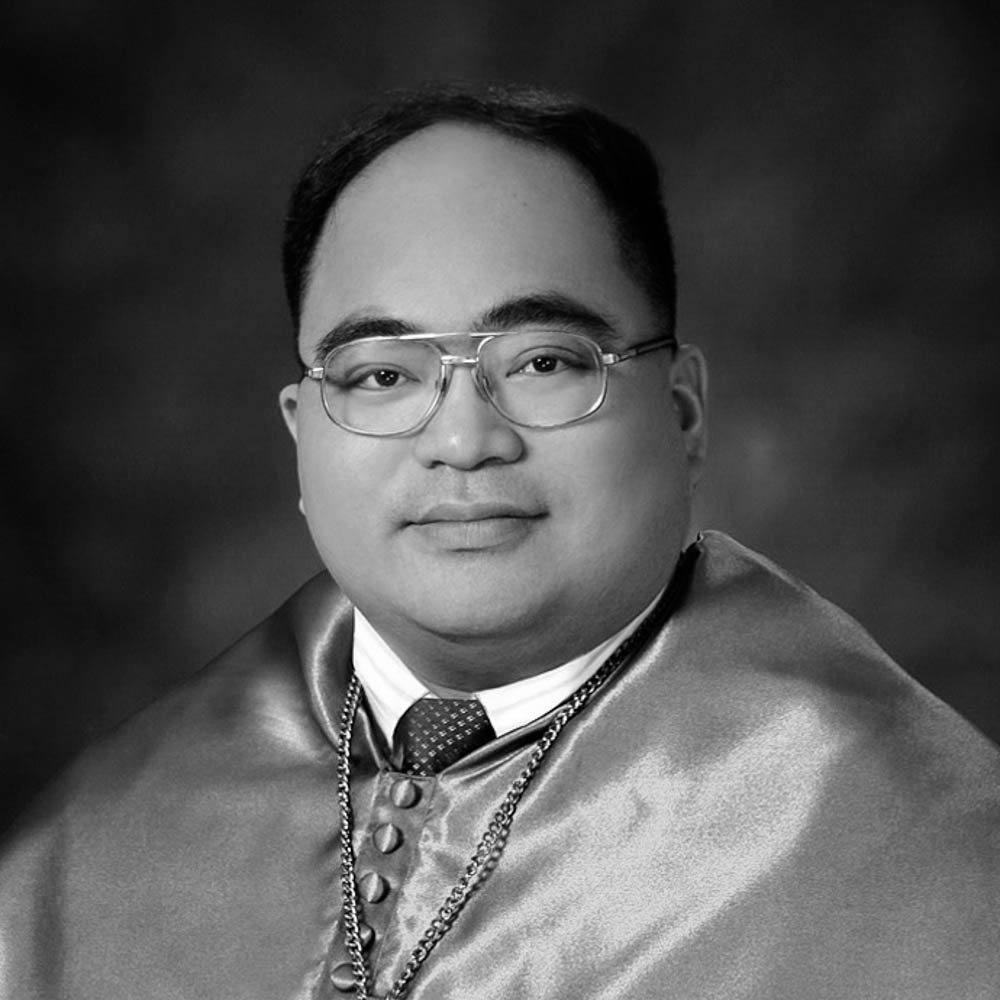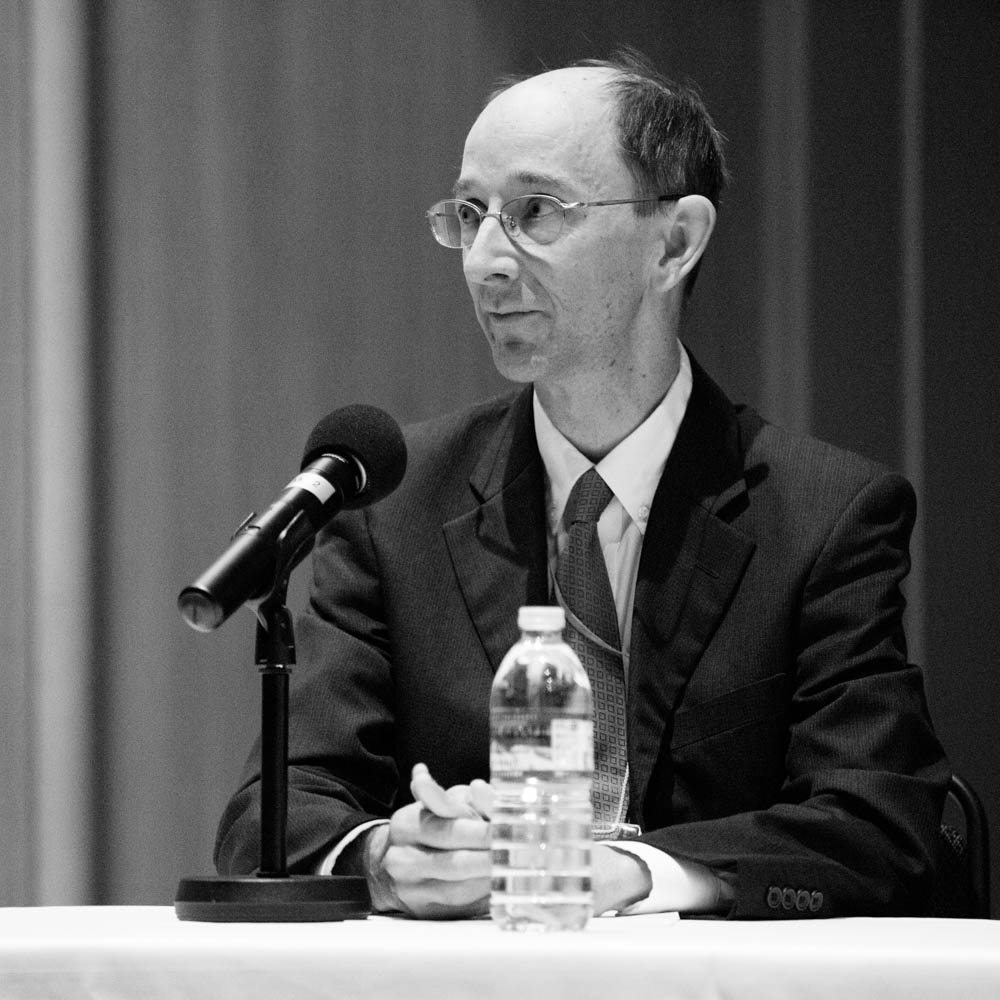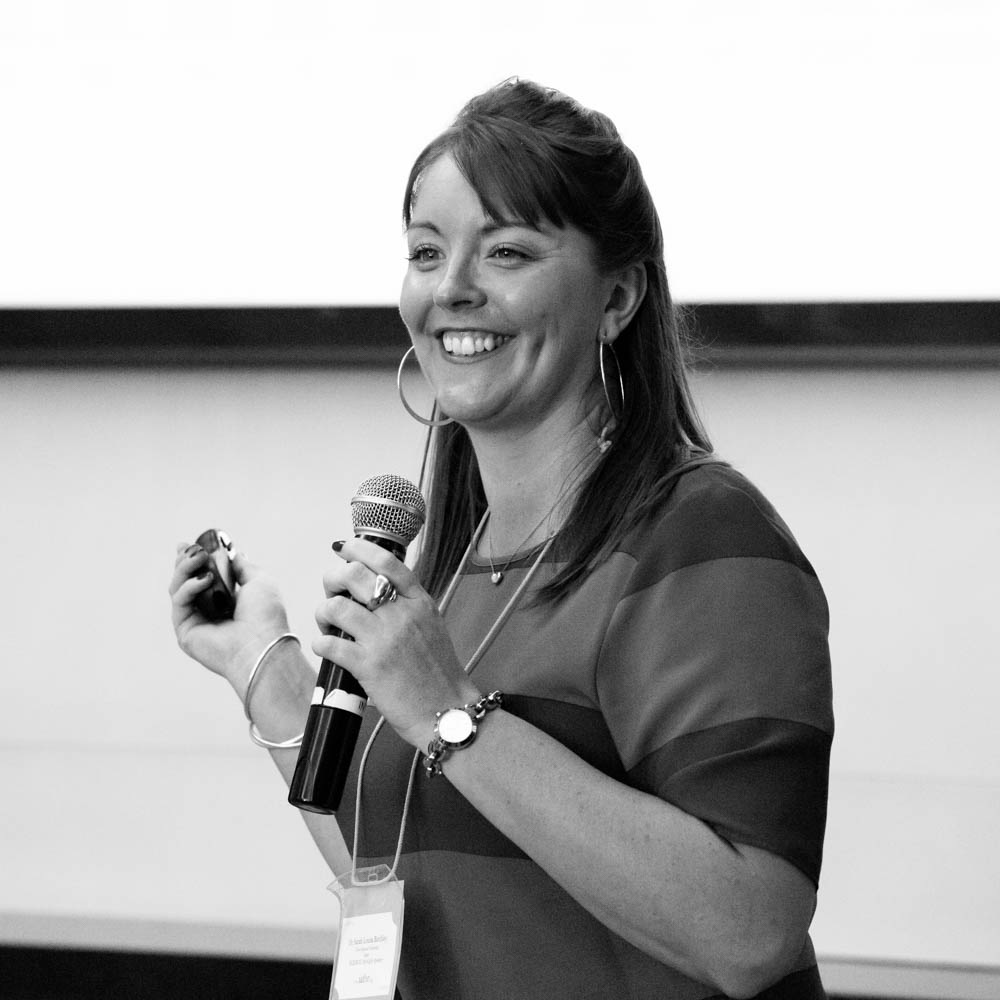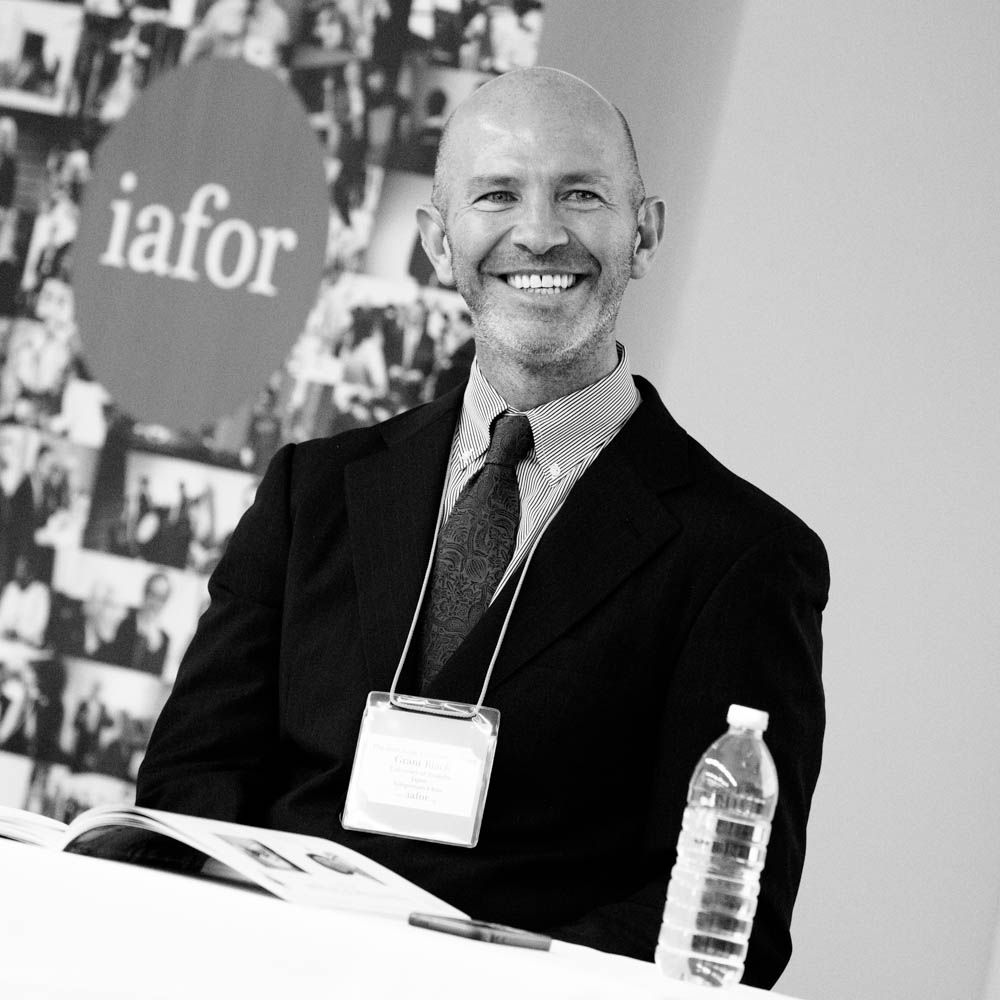
The Asian Conference on Aging & Gerontology 2017
"East Meets West: Innovation and Discovery"
June 8–11, 2017 | Art Center Kobe, Kobe, Japan
Our theme explores the tensions that have emerged due to globalisation and the growing influence of Western cultural values on Eastern traditions such as intergeneration coresidence, filial piety and the family-based support networks that provide for the care of the elderly in later life. Jolly and Macintyre’s depiction of the persistent belief in an “unchanging cultural core” of bedrock values such as family support for the elderly has resulted in the resistance of many governments in Asia and the Pacific Rim to plan effectively for the care and needs of a growing aging population. By treating culture as a dynamic process that adapts to new ideas, opportunities and economic realities we can anticipate change and implement proactive policies that support the elderly, their families and the societies that are ultimately responsible for the quality of life among their populations. This conference serves as an opportunity to present new research on the changing face of aging in the Asia-Pacific Region, to network with fellow professionals and to develop policy interventions that improve the lives of our elders.
Programme
-
Easts Meets West – Healthy, Active and Beautiful Aging in AsiaFeatured Panel Presentation: James W. McNally & Hiroshi Ishida
-
Methodologies for the Collection of Comparative Community Level Public Health Data: Obtaining Powerful and Statistically Meaningful Findings for Small PopulationsFeatured Presentation: James W. McNally
-
Establishing a Value MindsetFeatured Presentation: Philip Sugai
-
East Meets WestFeatured Panel Presentation: Haruko Satoh & Toshiya Hoshino
-
Can Data Science Do Without the Field Survey? Developing Innovative Statistical and Cartographic Methodologies Involving Small and Big Data Analyses in Social SciencesSpotlight Presentation: Maxime Jaffré
-
Applying a Rights-Based Approach in Investigating Repatriation of Fukushima’s Nuclear RefugeesSpotlight Presentation: Jane Singer
-
Xinhua News Agency’s Coverage of the Kunming Railway Station Attack in the Context of Reshaping China’s National IdentitySpotlight Presentation: Guo-qiang Liu
Speakers
-
Toshiya HoshinoOsaka University, Japan
-
Hiroshi IshidaUniversity of Tokyo, Japan
-
Maxime JaffréEcole des Hautes Etudes en Sciences Sociales (EHESS), France
-
Guo-qiang LiuDeakin University, Australia
-
James W. McNallyUniversity of Michigan, USA & NACDA Program on Aging
-
Haruko SatohOsaka University, Japan
-
Jane SingerKyoto University, Japan
-
Philip SugaiDoshisha Business School, Japan
-
Michael Anthony C. VascoUniversity of Santo Tomas, Philippines
Organising Committee
The Conference Programme Committee is composed of distinguished academics who are experts in their fields. Conference Programme Committee members may also be members of IAFOR's International Academic Board. The Organising Committee is responsible for nominating and vetting Keynote and Featured Speakers; developing the conference programme, including special workshops, panels, targeted sessions, and so forth; event outreach and promotion; recommending and attracting future Conference Programme Committee members; working with IAFOR to select PhD students and early career academics for IAFOR-funded grants and scholarships; and overseeing the reviewing of abstracts submitted to the conference.
-
William BaberKyoto University Graduate School of Management, Japan
-
Sarah Louisa BirchleyToyo Gakuen University, Japan
-
Grant BlackUniversity of Tsukuba, Japan
-
James BrigantiNagasaki University School of Medicine, Japan
-
Joseph HaldaneThe International Academic Forum (IAFOR), Japan
-
Hiroshi IshidaUniversity of Tokyo, Japan
-
James W. McNallyUniversity of Michigan, USA & NACDA Program on Aging
Review Committee
AGen/ACSS2017 Review Committee
- Dr Aleksandra Ptak, Czestochowa University of Technology, Poland
- Dr Bajrnag Lal Saini, University of Rajastahn, India
- Dr Catalino Mendoza, Systems Plus College Foundation, The Philippines
- Dr Elif Avci, Anadolu University, Turkey
- Dr Georgia Daleure, Higher Colleges of Technology, UAE
- Dr Heesoon Lee, Bowling Green State University, USA
- Dr Helena Vasques De Carvalho, ISCTE-IUL, Portugal
- Dr Ho Keat Leng, Nanyang Technological University, Singapore
- Dr Kunwadee Rojpaisarnkit, Rajabhat Rajanagarindra University, Thailand
- Dr Margaret Sanapo, Ritsumeikan University, Japan
- Dr Masanori Kaneko, Independent Researcher, Japan
- Dr Patricia Audrey Ruslijanto, University of Brawijaya, Indonesia
- Dr Susan Bacud, University of The Philippines Los Banos, The Philippines
- Dr Theresa Mae Gallardo, University of Mindanao - Tagum College, The Philippines
ACSEE2017 Review Committee
- Dr Ben Kolosz, Newcastle University, United Kingdom
- Professor Chun-Han Shih, Tungnan University, Taiwan
- Professor Felix Anyaegbunam Nwachinemelu, Federal University Ndufu-Alike-Ikwo, Nigeria
- Dr Guat Guan Toh, Tunku Abdul Rahman University College, Malaysia
- Dr Luis Santiago, University of Puerto Rico, United States
- Dr Ming Yin Chan, Hong Kong Polytechnic University, Hong Kong
- Professor Ofelia Giron, University of The Philippines Baguio, The Philippines
- Professor Ruey-Fang Yu, National United University, Taiwan
IAFOR's peer review process, which involves both reciprocal review and the use of Review Committees, is overseen by conference Organising Committee members under the guidance of the Academic Governing Board. Review Committee members are established academics who hold PhDs or other terminal degrees in their fields and who have previous peer review experience.
If you would like to apply to serve on the AGen2019 Review Committee, please visit our application page.

